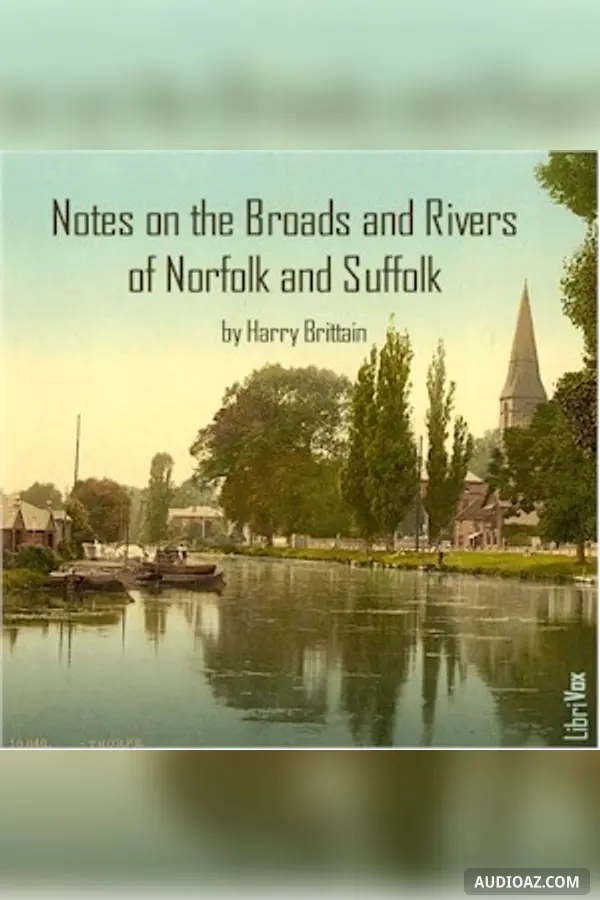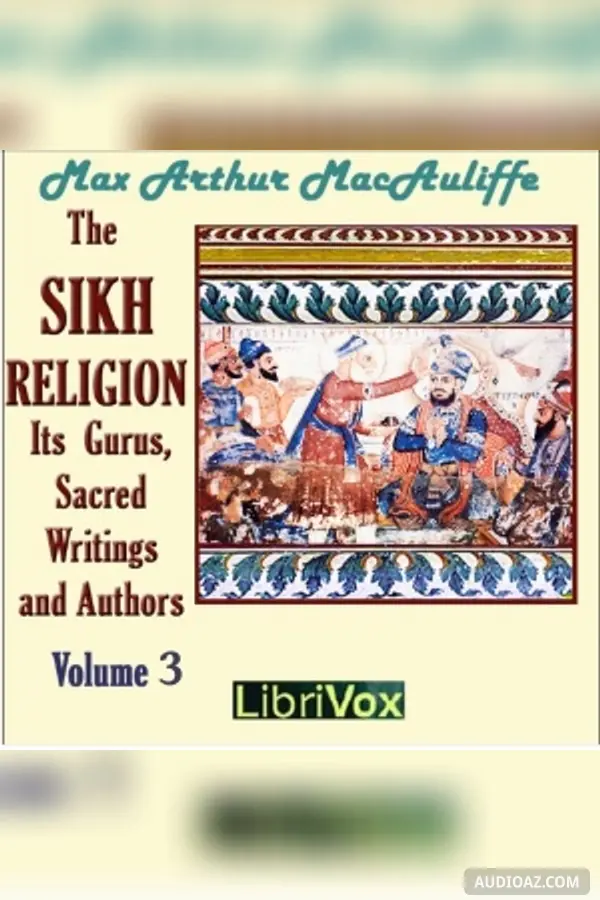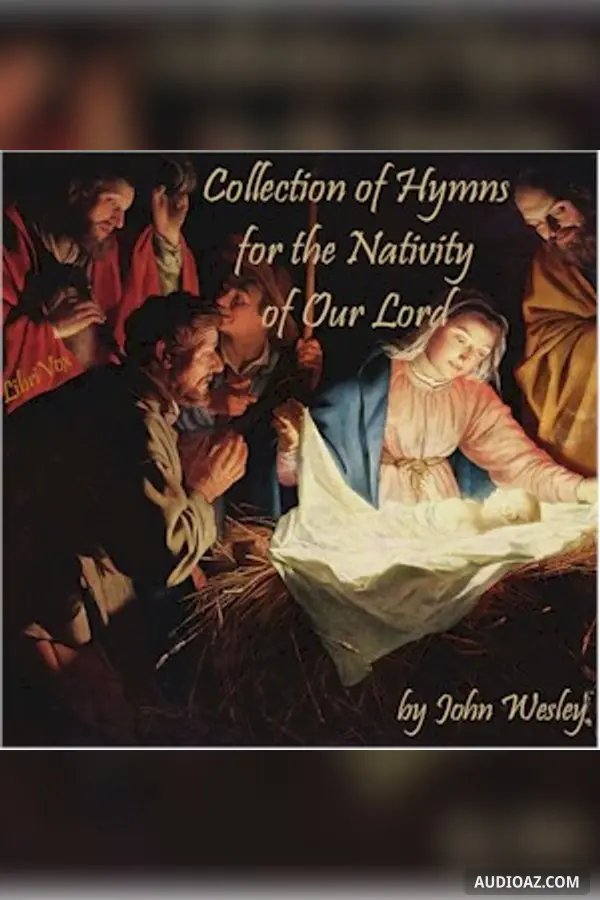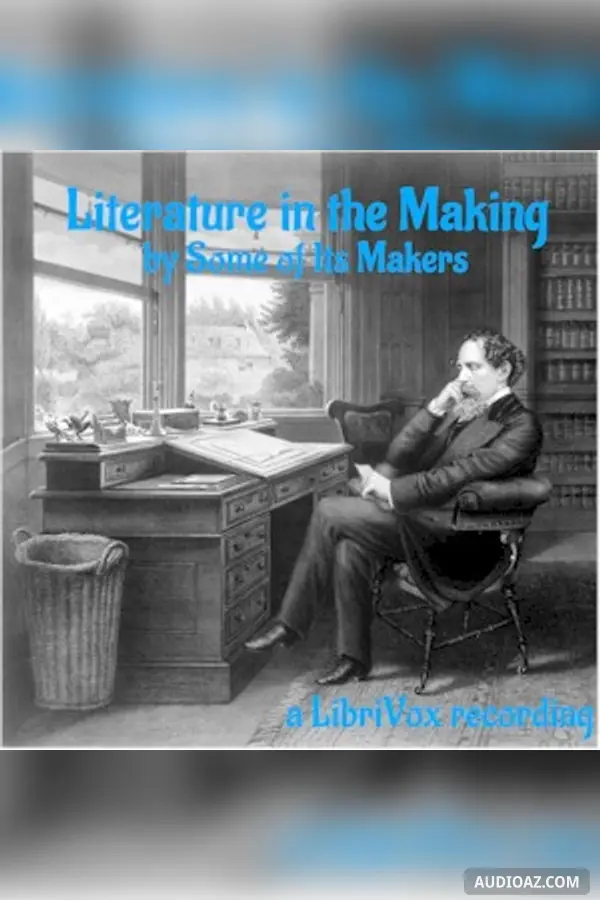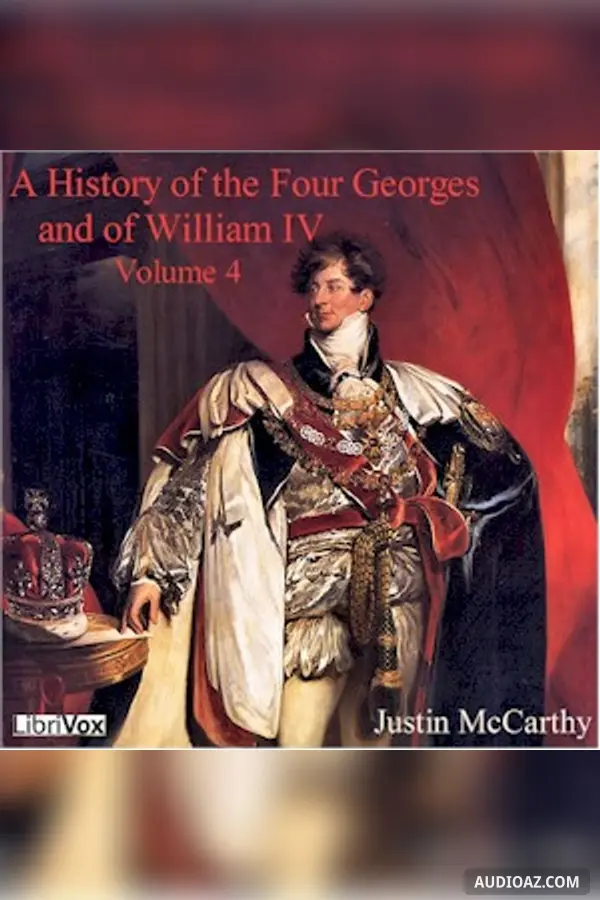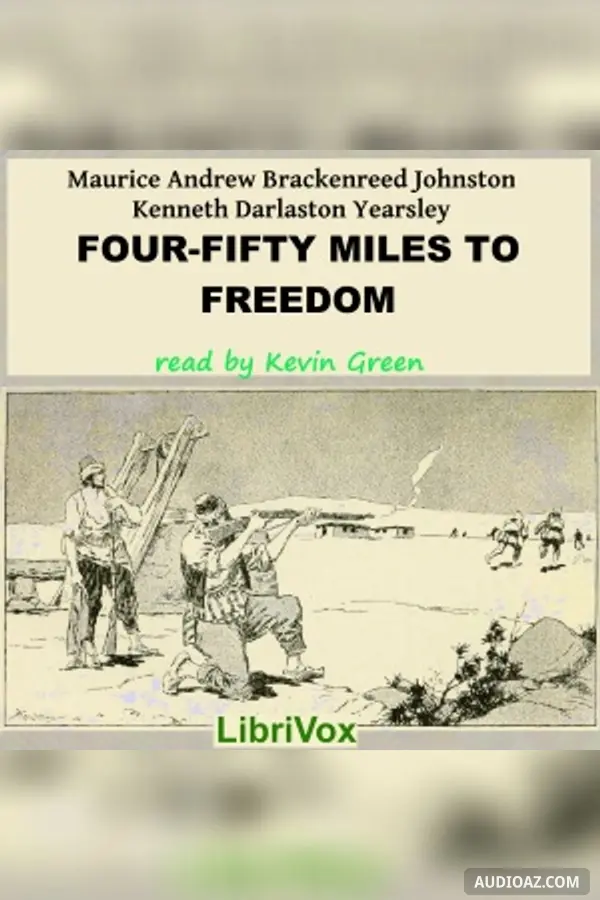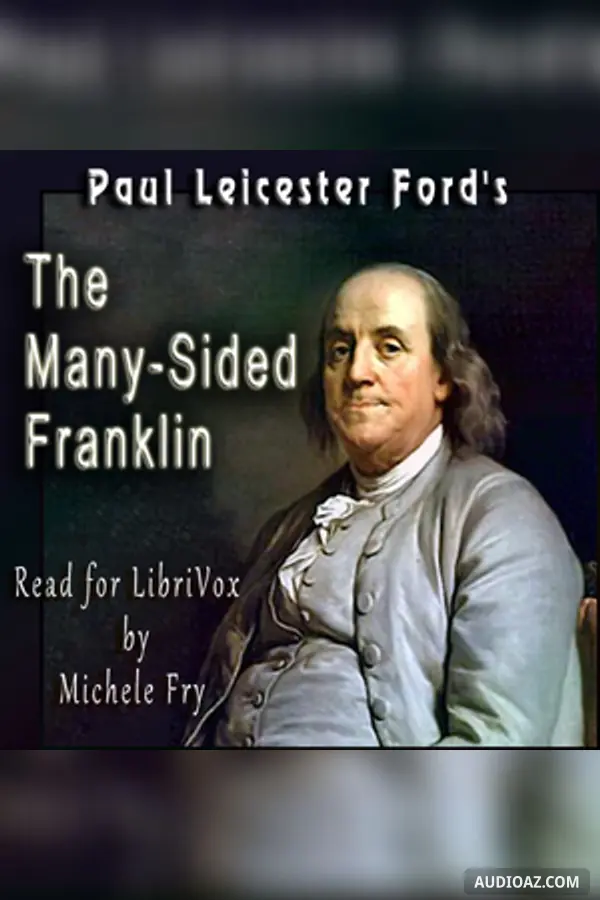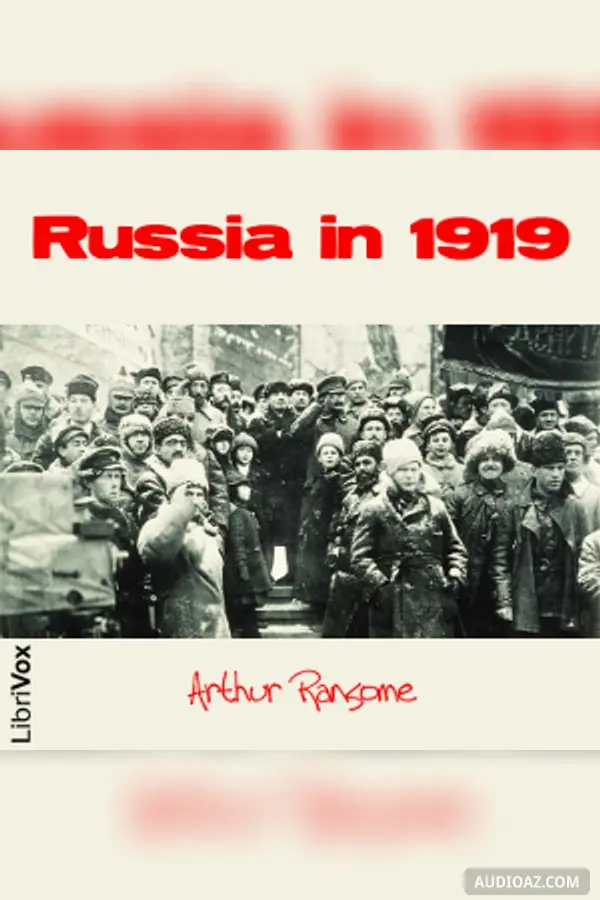
Russia in 1919 - Free Audiobook
Author(s): Arthur Ransome
Language: English
Genre(s): Biography & AutobiographyHistoryMemoirsModern (20th C)Non-fiction
1 / 30Prefatory Notes
- 1. Prefatory Notes
- 2. To Petrograd
- 3. Smolni
- 4. Petrograd to Moscow
- 5. First Days in Moscow
- 6. The Executive Committee on the Reply to the Prinkipo Proposal
- 7. Kamenev and the Moscow Soviet
- 8. An Ex-Capitalist
- 9. A Theorist of Revolution
- 10. Effects of Isolation
- 11. An Evening At the Opera
- 12. The Committee of State Constructions
- 13. The Executive Committee & the Terror
- 14. Notes of Conversations With Lenin
- 15. The Supreme Council of Public Economy
- 16. The Race With Ruin
- 17. A Play of Chekhov
- 18. The Centro-Textile
- 19. Modification in the Agrarian Programme
- 20. Foreign Trade & Munitions of War
- 21. The Proposed Delegation From Berne
- 22. The Executive Committee on the Rival Parties
- 23. Commissariat of Labour
- 24. Education
- 25. A Bolshevik Fellow of the Royal Society
- 26. Digression
- 27. The Opposition
- 28. The Third International
- 29. Last Talk With Lenin
- 30. The Journey Out
About
PUBLISHER'S NOTE: On August 27, 1914, in London, I made this note in a memorandum book: "Met Arthur Ransome at_____'s; discussed a book on the Russian's relation to the war in the light of psychological background--folklore." The book was not written but the idea that instinctively came to him pervades his every utterance on things Russian. The versatile man who commands more than respect as the biographer of Poe and Wilde; as the (translator of and commentator on Remy de Gourmont; as a folklorist, has shown himself to be consecrated to the truth. The document that Mr. Ransome hurried out of Russia in the early days of the Soviet government (printed in the New Republic and then widely circulated as a pamphlet), was the first notable appeal from a non-Russian to the American people for fair play in a crisis understood then even less than now. The British Who's Who--that Almanach de Gotha of people who do things or choose their parents wisely--tells us that Mr. Ransome's recreations are "walking, smoking, fairy stories." It is, perhaps, his intimacy with the last named that enables him to distinguish between myth and fact and that makes his activity as an observer and recorder so valuable in a day of bewilderment and betrayal. - Summary by B. W. Huebsch
Comments
Be the first to comment
There aren't any comments on this content yet. Start the conversation!
Discover More
Tags: Russia in 1919 audio, Russia in 1919 - Arthur Ransome audio, Biography & Autobiography audio, History audio, Memoirs audio, Modern (20th C) audio, Non-fiction audio, free audiobook, free audio book, audioaz
